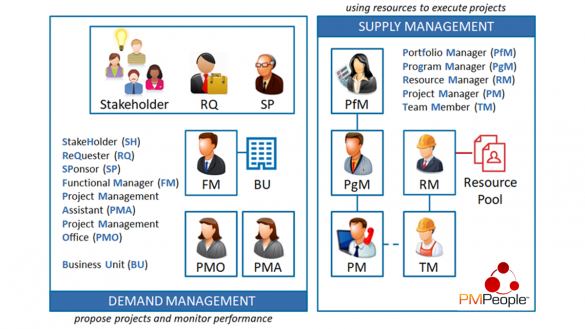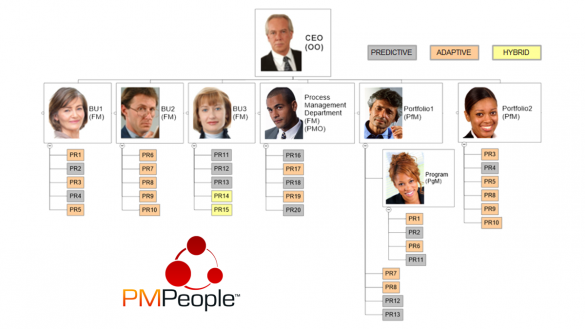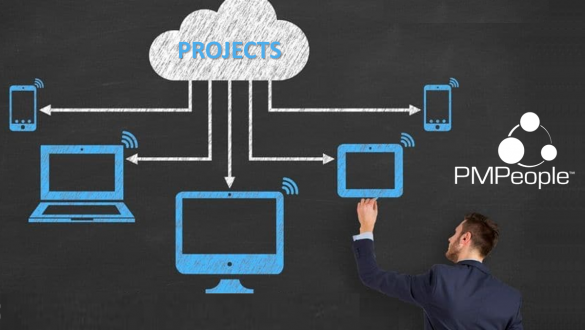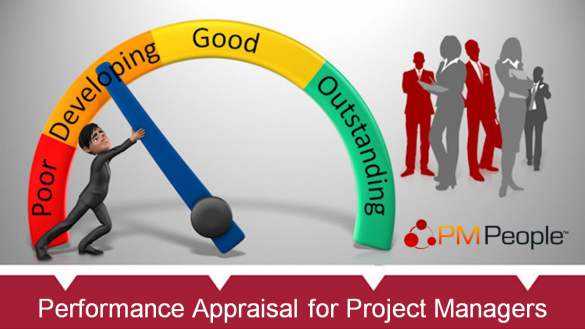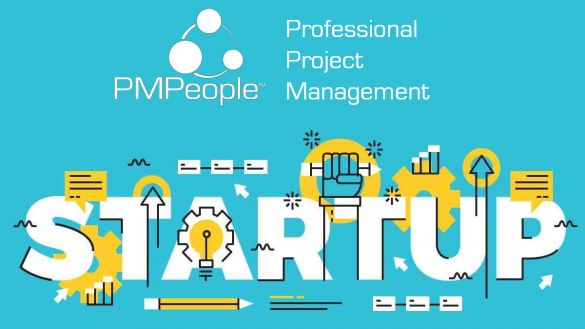Jose Barato
Individuals and Interactions over Processes and Tools (in Projects)
Process-driven project management has been effective until the 21th century. However, today’s projects require people collaboration for many compelling reasons: 1) Requirements are usually not clear enough, and project scope has to be progressively elaborated; 2) Controlling changes, time and cost is less important than value delivery and meeting the business goals; 3) Managers need to make informed real-time decisions, anticipating issues while there are still options to correct project performance, and they don’t have time to read comprehensive documentation from dozens or hundreds of projects; 4) Just one person to manage the whole project is not effective: collaboration is needed because the best solutions may come from one of many stakeholders.
Companies are getting “Projectified”
If you run a company selling products or services to your clients, you have to “run the business” (operations management) and “change the business” (project management). Globalization has made companies equally proficient at operations management. Project management can make a difference in beating the competition, expanding into new markets, innovating, growing, etc. Poor project management can hurt companies (Bard case). Excellent project management can boost the stock market value (Microsoft). Top managers do not need to be experts in project management. They can organize projects into Business Units, Programs, and Portfolios and, most importantly, they can trust professionals.
I’m a Project Manager. What’s your job?
Will the Project Manager job end up being a profession recognized by society? If we tell people that we are project managers, will they understand this is a profession like a cook, an accountant, a lawyer, a dentist, etc.? Over 50 years ago, experts agreed a new discipline was needed to turn ideas into reality. Operations management was good to manage the day-to-day business, not to manage the creation of new products, services or results, or any kind of organizational change. Companies beat their competitors thanks to projects: they launch new products or services, open new markets, execute the strategic plan, etc. A project manager is more than just an efficient person who controls the tasks of the project team members.
People Forget Project Management Failures
PMI has published the list with the most influential projects of 2022. The second place went to the James Webb Space Telescope. This project was a management failure because it ended up with an over cost of $8bn, a final delay of 12 years, and it was about to be cancelled in 2011. Fortunately, the launch last December was a complete success. It started sending images in July, and it will continue operation for 5-10 years. When projects are transitioned to operations, and everybody can see the results and the value delivered, people tend to forget the management failures of the project phase. As project professionals, even if we say that a project has been very influential, we have to learn from mistakes to not make them again.
Projects in the Cloud
Most professionals are always connected. Knowledge workers are used to collaborating on objects in the cloud: they alternate their laptop, tablet, or mobile phone, to work concurrently on the same version of the document, spreadsheet, presentation, article, web design, software code, prototype, etc. No need to download, install, send, merging changes, etc. All of them working together on the same version of the truth. In the project economy, it is also time to digitize management, knowledge and interactions between people working on projects, programs, and portfolios.
Is your PMO producing Reports or delivering Value?
Most PMOs are seen as internal cost centers adding bureaucracy to projects. PMPeople helps people collaborate on project management professionally, in the cloud, using different roles. PMOs can distribute many management activities, having more time for anticipating problems and delivering value. With PMPeople, the PMO can grow from being a cost center to lead the company in the Project Economy.
Collaborative Roles on Project Management
In the Project Economy, projects need people collaborating as a team from different perspectives. PMPeople does not prevent direct communication needed at all projects. However, it can optimize management helping the interaction between people belonging to the extended project team.
Performance Appraisal for Project Managers based on PMBOK7
Everyone can cook, but not everyone is a cook. Our profession is no different: everyone can organize tasks, but not everyone is a project manager. Normal people –non PMP®– should be able to tell if a project manager is a good or a bad professional. PMI® published a practice standard named “Project Manager Competency Development Framework” (PMCDF), based on the processes of PMBOK5. We can anticipate the next edition of the PMCDF will be aligned to PMBOK7, implying all stakeholders will be able to check good or bad project performance on 8 performance domains.
Frequently Asked Questions on PMPeople
Feel free to ask more questions about PMPeople:
1) What is PMPeople tool?
2) How much does PMPeople cost?
3) What if I want to stop paying?
4) How is the upgrading process?
5) Are there any discount programs?
6) How is PMPeople tool compared with competitors?
7) Can PMPeople be used in agile organizations?
Startups need Professional Project Management
Startups need good ideas, but they can only succeed if they are good in execution, while turning ideas into reality. This means they need to manage projects professionally, avoiding bureaucracy, value driven, working as self-organizing teams of people collaborating proactively. Thanks to technology available nowadays, these people can access their projects online, use specific professional project management roles.
Categories
- Business (16)
- Demand Management Roles (14)
- Frequently Asked Questions (7)
- Guide (26)
- People (23)
- Assignments (2)
- Feedback (2)
- Project Team (3)
- Tracking Time And Expenses (2)
- Process (9)
- Closing (2)
- Executing And Controlling (2)
- Planning (1)
- Project Management (67)
- Management Frameworks (18)
- Organization Owner (OO) (3)
- Project Economy (54)
- Tools (19)
- Supply Management Roles (5)
- Training (6)
- Uncategorized (1)



